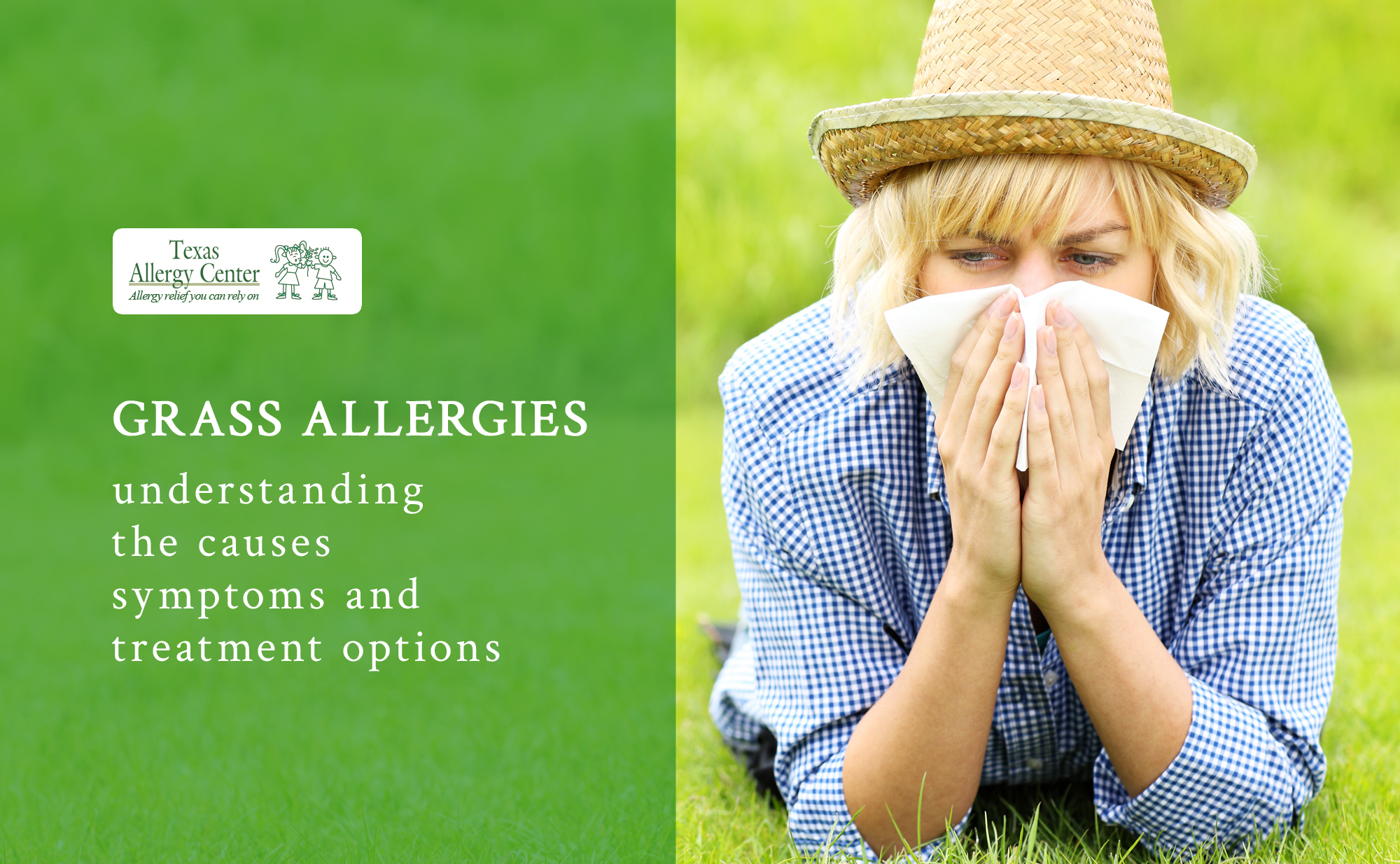
25 Apr Grass Allergies
Spring is a time of renewal, but for many, it also marks the beginning of grass allergies. The lush green lawns and meadows that bloom during this season can trigger sneezing, itching, and other bothersome symptoms in individuals sensitive to grass pollen. Understanding the causes, symptoms, and treatment options for grass allergies can help you enjoy the season to the fullest.
What Causes Grass Allergies?
Grass allergies are primarily triggered by pollen grains released by grasses as part of their reproductive cycle. When these pollen grains come into contact with the mucous membranes of the nose or eyes, they can trigger an allergic reaction in some individuals. Grass pollen is lightweight and can travel long distances through the air, making it easy to inhale.
Symptoms of Grass Allergies
The symptoms of grass allergies can vary from person to person but often include:
- Sneezing
- Runny or stuffy nose
- Itchy or watery eyes
- Itchy throat or ears
- Coughing
These symptoms can range from mild to severe and significantly impact your quality of life, especially during the peak grass pollen season.
Managing Grass Allergies
While altogether avoiding grass pollen may be challenging, there are several steps you can take to manage your grass allergies and reduce your exposure to pollen:
- Stay indoors during peak pollen times, usually in the early morning and late afternoon.
- Keep windows closed and use air conditioning with a clean filter to reduce pollen entering your home.
- Shower and change clothes after being outdoors to remove pollen from your body and clothing.
- Use a pollen mask for outdoor activities like lawn care or gardening.
- Consider using a high-efficiency particulate air (HEPA) filter in your home to trap pollen and other allergens.
These symptoms can range from mild to severe and significantly impact your quality of life, especially during the peak grass pollen season.
Treatment Options for Grass Allergies
There are treatment options available to help alleviate the symptoms of grass allergies. It’s essential to consult with your healthcare provider or allergist to determine the best treatment plan for your grass allergies based on your symptoms and medical history.
Managing grass allergies can be challenging and uncomfortable, especially during peak pollen season. However, with proper understanding, preventive measures, and treatment options, you can effectively manage your grass allergies and enjoy the beauty of spring without the constant itching and sneezing. If you have grass allergies, consult Dr. Jane Lee at Texas Allergy Center for a proper diagnosis and personalized treatment plan. Find relief today! 214-370-5700

